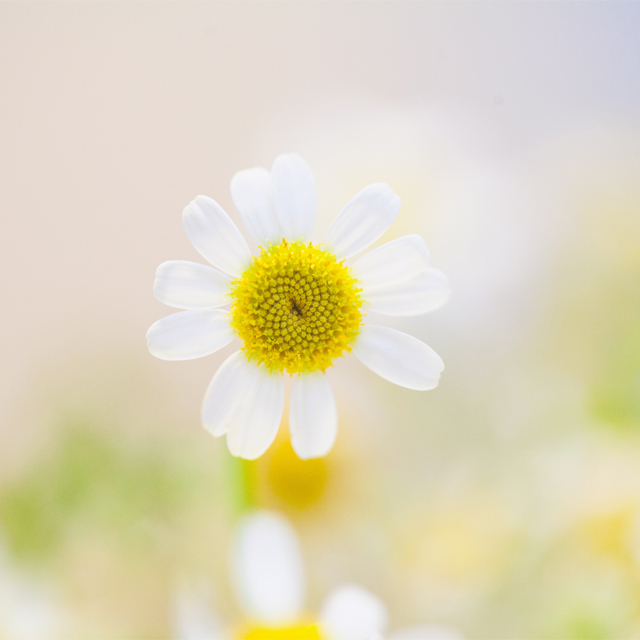It was the knot in my stomach that convinced me to rest.
I’d started a blog a year before I noticed the knot. “Starting a blog” is code for “taking my decades-long dream of becoming an author seriously.” A year after I took the plunge, I’d made significant progress online. I felt so proud of myself. Instead of ignoring my dreams, I was living them.

The only problem was my stomach.
I noticed the discomfort most when I worked after my kids went to bed, a sort of breathless jitteriness not unlike a caffeine high. The more I wrote, the tighter my belly got. Writing in every spare moment felt productive, but unsustainable. If I kept sprinting after my dreams, would I collapse?
I argued with myself I was only just getting started. How could I afford to do less when I’d taken so long to get serious in the first place?
But the knot only grew worse, so one Saturday night, I decided to do something about it. I took a deep breath, shut my computer, and didn’t open it again for twenty-four hours.
At first, taking a day off felt terrible.
I could not believe how hard it was. I was so colossally bored. Also anxious. The knot actually grew worse. I tried to read—something I normally adore—but I couldn’t focus. I picked up a paintbrush and tried my hand at watercolors. It didn’t matter—the minutes crept by.
But as the day passed, I noticed that my breathing slowed down. The anxiety I felt about all my goals receded. And it got easier and easier to concentrate on something other than work. By nightfall, the knot disappeared.
I felt surprised how restored I felt. But more surprising? How hard I found rest.
A day off sounds lovely in theory: a luxury, or, a mini-vacation. But I’ve found that like a lot of intentional disciplines that do us good, choosing intentionally brings resistance.
On my day off, my craving for activity felt a lot like withdrawal. That gave me pause. Was my work ethic really only about pursuing my dreams, or was it also an addiction?
The next week, curious for more data, I doubled down. Instead of only resting from writing, I also avoided housework: no laundry, cleaning, or anything other than basic dishes.
I’d never thought of myself as a big fan of housework. Unlike writing, I thought a day off would be a welcome break.
I was wrong. I have never wanted to sweep the floor so badly. Stillness and rest exposed my workaholism, and challenged me to address it.
I’ve taken weekly rest days for three years now, and the practice has profoundly shifted my attitude towards work—both work I love, and work I tolerate. I’ve discovered a surprising gratitude for boring chores, and realized I’m more creative if I’m less driven.
I wish more of us took days off and considered their lessons. What we need to rest from will be different for each of us, but the practice uncovers our attitudes about how we spend our time.
As you try a day off, pay attention to how it affects you:
1. How do you feel about boredom?
It surprised me that boredom felt like fear. Fear that the opportunities I set aside would slip away if I took a break. Fear about seeming like a lazy mother if I didn’t keep my house tidy. Fear about how I’d handle the stress when Monday came and I had to catch up. Fear about what it said about me that I didn’t know how to enjoy free time.
When I faced boredom, I faced fear—and uncovered more resilience than I’d given myself credit for.
2. How do you feel about your obligations?
As a stay-at-home parent, it’s easy to resent housework and become a martyr. A day of rest made me take off my own hair shirt and realize that I don’t do housework to be a “good housewife”. I do housework because I like living in a clean house. Also, I’m always free to live otherwise.
Whatever obligations you chafe under, it’s hard to know how we really feel about our responsibilities unless we occasionally practice lifting them off our shoulders.
3. How do you feel about enjoying yourself?
I spent a lot of energy, especially after having kids, telling myself I didn’t have time. No time to practice painting, calligraphy, or music, no time to read or play silly games. No time for long walks or naps. No time for spiritual practices.
A day off started to change that. I realized that avoiding stuff I enjoyed said more about my fear than my busyness. When I had hours to kill every week, I felt myself drawn to more fun, frivolous, and life-giving pursuits, and realized it didn’t take much time to enjoy them the rest of the week.
It was harder than I expected to enjoy myself. It required bravery, creativity, and mindfulness. But when I practiced enjoyment on my days off, it affected my workdays as well.
A day off can do wonders for your stress level, your peace of mind, and your attitude towards your own life. But it’s not an easy vacation—it’s a discipline that requires real thoughtfulness.
Any intentional practice is only as transformative as the intention behind it. If you do take a day off, be mindful of how it affects you. The lessons you learn about your reactions, your priorities, and your hunger for rest will spill over and transform not just your day off but every other day as well.
Suggested reading: How a “Do Nothing” Day Changed My Life